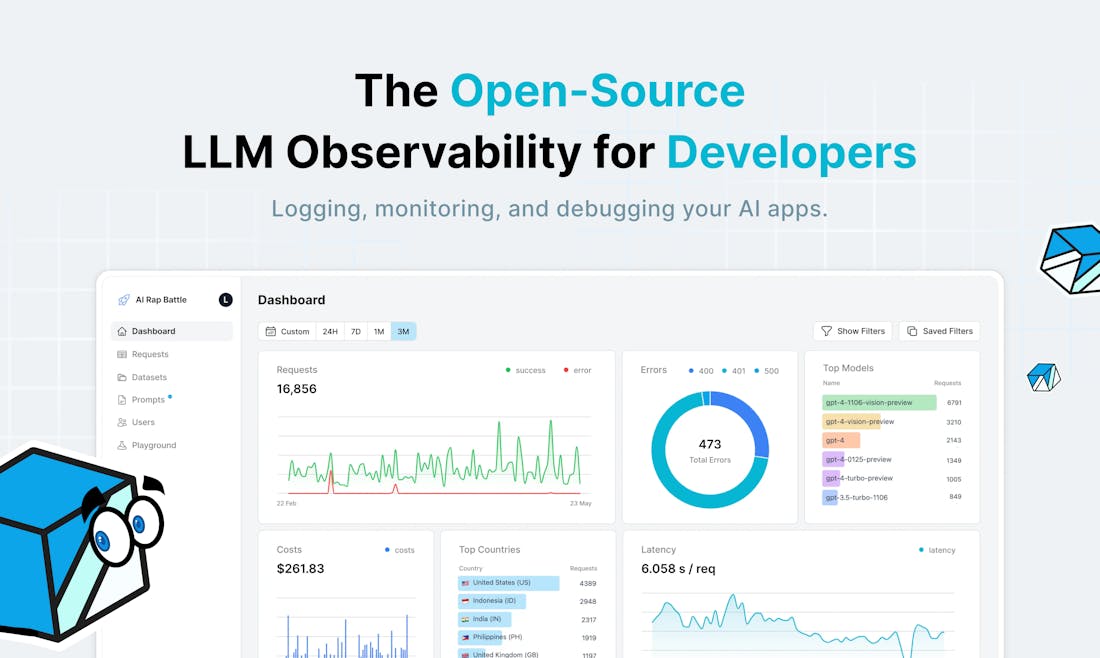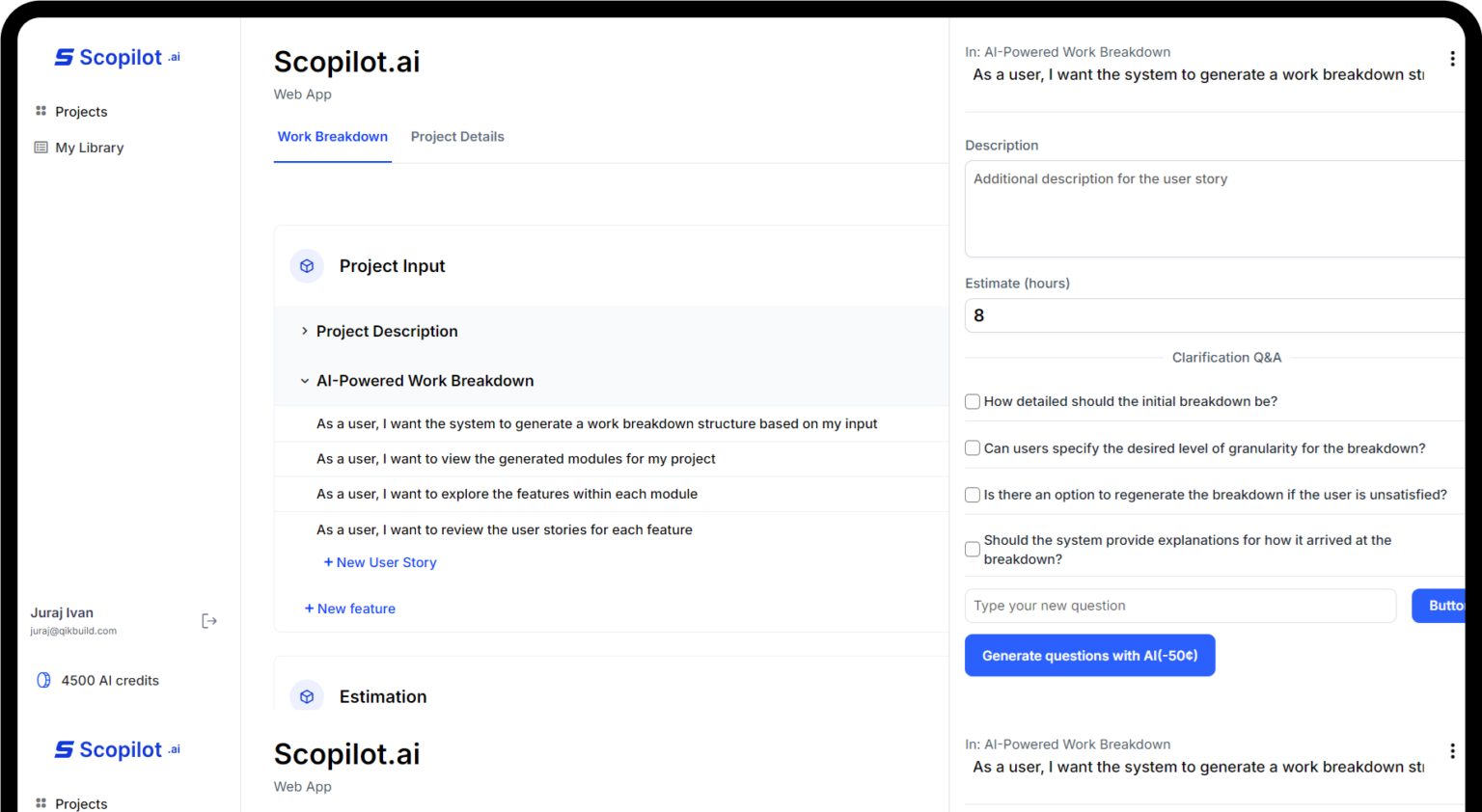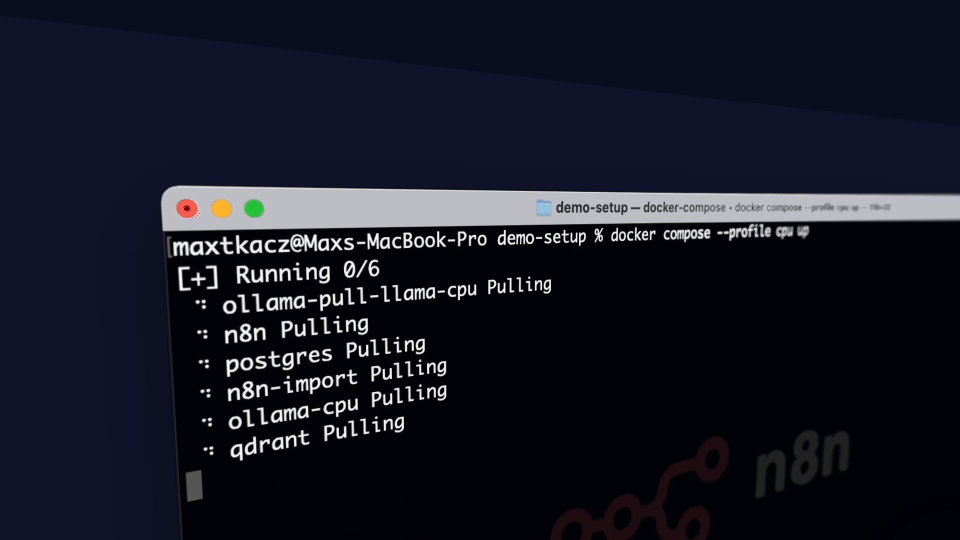- Superpower Daily
- Posts
- Get ready for ads in your AI responses
Get ready for ads in your AI responses
Fine-tuning now available for GPT-4o
In today’s email:
🤯 Our basic assumptions about photos capturing reality are about to go up in smoke
🛼 This founder had to train his AI not to Rickroll people
🌆 Skyfire lets AI agents spend your money
🧰 13 new AI-powered tools and resources. Make sure to check the online version for the full list of tools.



Perplexity AI, an AI-assisted search startup, plans to introduce advertising on its platform in the fourth quarter of this year, following recent controversies over plagiarism allegations. Despite these challenges, the company has experienced significant growth, with its valuation reaching over $1 billion after a recent funding round in April, doubling from just three months prior. Perplexity's search app has seen a surge in downloads, now exceeding two million, and handles over 230 million queries a month. Concerns remain, however, about how the company uses content from other sources, leading to changes in how it cites these sources in its outputs.
In response to the plagiarism allegations, Perplexity made updates to its citation methods and introduced a revenue-sharing model with publishers, aiming to compensate content creators when their work contributes to the app's ad-generated revenue. Several prominent media outlets and content platforms have joined this initiative. Dmitry Shevelenko, Perplexity's chief business officer, emphasized the company's commitment to fair content use and monetization for partners.
Regarding advertising, Perplexity intends to adopt a cost-per-thousand impressions (CPM) model, with initial rates significantly higher than industry averages for similar digital ads. The company will target several key advertising categories including technology, healthcare, and finance, allowing advertisers to place display ads alongside Perplexity-generated answers and sponsor related questions. This move is part of a broader trend where AI-assisted search technologies are beginning to challenge traditional search engines, reshaping how users access information online.
Understand AI’s Risks and Opportunities
With the rapid growth of AI, it's crucial for businesses to understand both the risks and opportunities it presents. Discover how you can utilize AI to drive success while minimizing potential pitfalls.
In the MIT Artificial Intelligence: Implications for Business Strategy online short course you’ll gain:
Practical knowledge and a foundational understanding of AI's current state
The ability to identify and leverage AI opportunities for organizational growth
A focus on the managerial rather than technical aspects of AI to prepare you for strategic decision making

Today marks the launch of the much-anticipated fine-tuning feature for GPT-4o, now available to developers across all paid usage tiers. This new capability allows developers to customize GPT-4o with their specific datasets, enhancing the model's performance and reducing operational costs for various applications. By fine-tuning GPT-4o, developers can adjust the model's response structure and tone, as well as tailor it to adhere to intricate, domain-specific instructions. With just a small number of examples in their training dataset, developers can begin to see significant improvements.
Among the early success stories of GPT-4o fine-tuning, Cosine's AI software engineering assistant, Genie, stands out. Genie has been trained on real-world scenarios faced by software engineers, allowing it to autonomously identify and resolve bugs, build features, and refactor code. This fine-tuning has empowered Genie to achieve state-of-the-art results, setting new benchmarks on the SWE-bench Verified leaderboard. Another notable achievement comes from Distyl, an AI solutions provider, which claimed the top spot on the BIRD-SQL benchmark, showcasing its prowess in tasks like query reformulation and SQL generation.
The launch of fine-tuning for GPT-4o underscores a commitment to expand model customization options for developers. Ensuring data privacy and safety remains a priority, with developers retaining full control and ownership of their data, which is never shared or used to train other models. As this tool continues to evolve, it opens up new possibilities for developers looking to harness the power of AI tailored to their specific needs.

The increasing capability of AI tools to generate photorealistic images has begun to fundamentally shift public trust in photography as a medium. As Sarah Jeong highlights in her piece for The Verge, the arrival of Google’s Magic Editor on the Pixel 9 phone has lowered the barrier to creating convincing, yet entirely fabricated images to unprecedented levels. This feature allows users to modify images seamlessly, creating scenarios that are visually indistinguishable from reality, like an empty Tiananmen Square or altered scenes of everyday occurrences. The implications of such technology are profound, as it enables the production of images that can convincingly alter historical and current events.
Historically, photography has served as a cornerstone of truth in media, providing evidence that has defined social and political narratives. However, with the advent of advanced AI manipulation tools, this trust is eroding. The article cites instances such as digitally altered photographs that could reshape the narrative of significant events, suggesting a future where the authenticity of every image could be questioned. Jeong points out that earlier forms of image manipulation required significant skill and were the exception rather than the rule, but the current ease of creating fake images is set to invert this assumption.
The societal impact of this shift could be immense. In a world where any photograph can be effortlessly altered, the concept of visual evidence changes dramatically. The erosion of photographic credibility threatens to undermine the role of images in evidence-based discourse, turning every photo into a potential subject of skepticism and dispute. As these tools become more accessible and their use more widespread, the challenge will be to discern reality in a sea of generated falsehoods, a task for which current legal and ethical standards are ill-prepared.
Other stuff
OpenAI Says California’s Controversial AI Bill Will Hurt Innovation
The AI photo editing era is here, and it’s every person for themselves
This founder had to train his AI not to Rickroll people
Meta: Leveraging AI for Efficient Incident Response
Running an LLM on a simple Raspberry Pi
Skyfire lets AI agents spend your money
AI in Software Development 2024 Survey by GitHub
All your ChatGPT images in one place 🎉
You can now search for images, see their prompts, and download all images in one place.


Reclaim - AI calendar for work & life.

Parity - World's first AI SRE

Final Round - Crush job interviews with AI.

MinusX - AI Data Scientist for Jupyter and Metabase
Helicone AI - Open-source LLM Observability for Developers

Zed AI - Code with LLMs

Toy Stories - Turn your kids' toys into storybooks

D-ID Video Translate - Instant video translation
AgentQL - Painless data extraction and web automation
Scopilot - Software project scoping 10x faster

Self-hosted AI starter kit

SuperCraft helps teams design great physical products

Reddit Roast - AI-generated Reddit personality assessment + roast



How did you like today’s newsletter? |
Help share Superpower
⚡️ Be the Highlight of Someone's Day - Think a friend would enjoy this? Go ahead and forward it. They'll thank you for it!
Hope you enjoyed today's newsletter
Did you know you can add Superpower Daily to your RSS feed https://rss.beehiiv.com/feeds/GcFiF2T4I5.xml
⚡️ Join over 200,000 people using the Superpower ChatGPT extension on Chrome and Firefox.
OR



